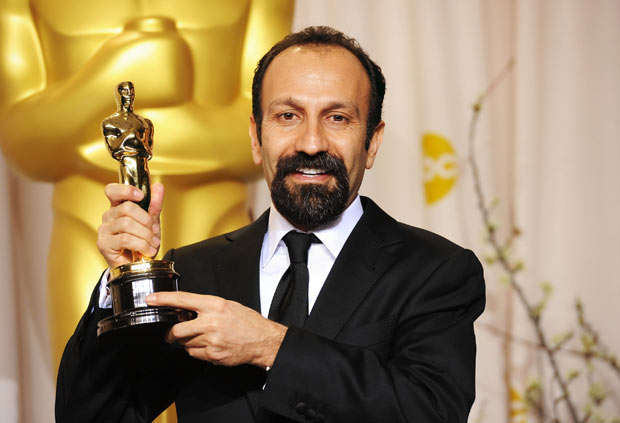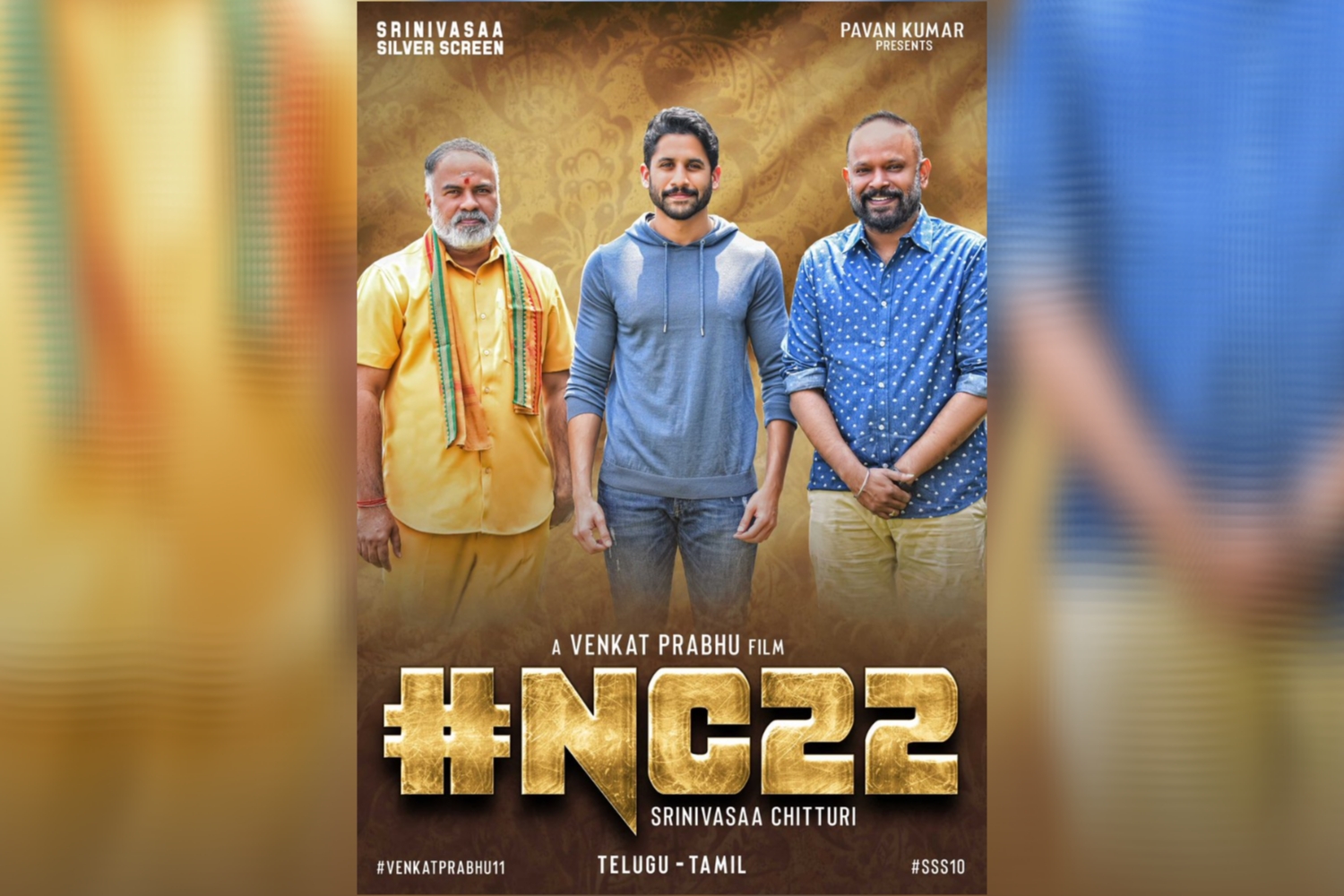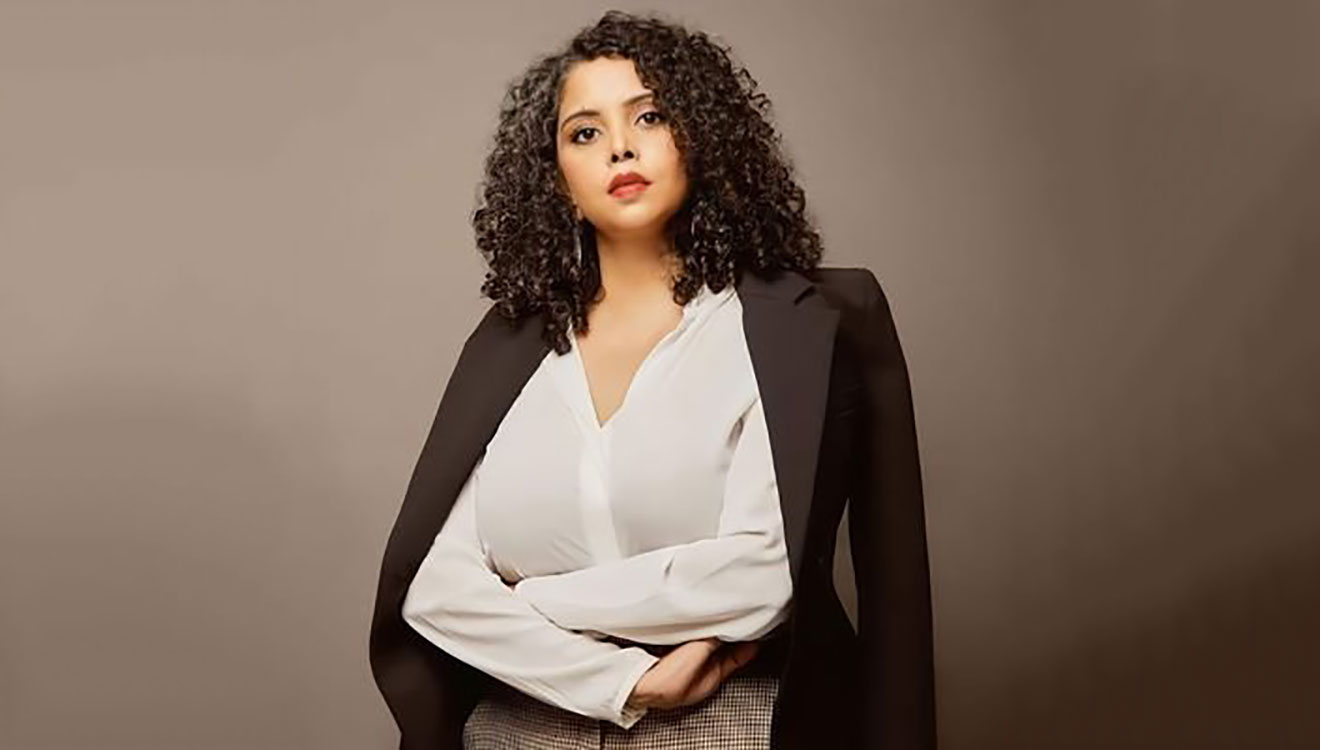Iranian Filmmaker Asghar Farhadi and the producer of his film, A Hero, have denied reports that a court pronounced Farhadi guilty of stealing the premise of the movie from his former student Azadeh Masihzadeh, according to Variety. A decision has only been made to proceed with a trial in the copyright infringement claim, they state.
A Hero revolves around a divorced father on a two-day leave from debtors’ prison, who comes across a purse containing gold coins. Things get complicated when the protagonist decides to return the bag to its rightful owner. The film was not only the winner of the Grand Prix at the 2021 Cannes International Film Festival, but was also Iran’s official entry to the 2022 Oscars and made it as far as the shortlist in the International Feature Film category.
Masihzadeh has accused Farhadi of taking key elements of A Hero from her documentary, All Winners, All Losers, and then failing to acknowledge the original source or give her due credits. The documentary was conceived during a film workshop in 2014 at Tehran’s Karnameh Institute, and revolves around the real-life story of an inmate in the debtors’ prison in Shiraz named Shokri.
She had presented the idea to Farhadi during the workshop, and the director of A Separation was reportedly very impressed. Masihzadeh said that Farhadi had later summoned her to his office, in 2019, and asked her to sign over all the rights, including that of the original idea for All Winners, All Losers, to him and she had complied.
Farhadi, however, has denied the allegations and maintained that he had independently researched the story. He also filed a defamation suit against Masihzadeh.
She was acquitted of this defamation charge on Monday. Reports emerged that, a day later, Farhadi himself was found guilty of copyright infringement.
Now, in a statement, A Hero’s producer Alexandre Mallet-Guy has clarified that Tuesday’s decision was the result of a preliminary investigation into the matter, to decide if it should go to trial, and not the final ruling.
The case has been looked into by a judicial investigator whose role, Mallet-Guy explained, is to investigate, gather evidence, and decide whether or not the case should be heard by a court.
This judicial investigator, according to Mallet-Guy, had found that, firstly, the reputation of Shokri, the former prisoner who forms the subject of the film, has not been besmirched; secondly, Masizadeh’s claims to a share of the revenue Farhadi has earned from A Hero are invalid; and finally, her copyright infringement claim could be referred to the court.
Recommended
The producer further added that he believed the plea will be dismissed, since Masihzadeh “cannot claim ownership on matters in the public domain given that the prisoner’s story has been disclosed in both press articles and TV reports years before Mrs Masihzadeh’s documentary was published.”
Farhadi’s lawyer, Kaveh Rad, also took to Instagram and wrote that the matter is yet to heard in a second criminal court and then in the review court.
Rad also attached links to news coverage of Shokri from 2012 and added that since the story has been in public domain from even before Masihzadeh’s pitch to Farhdi, her claims of copyright infringement are null and void.



